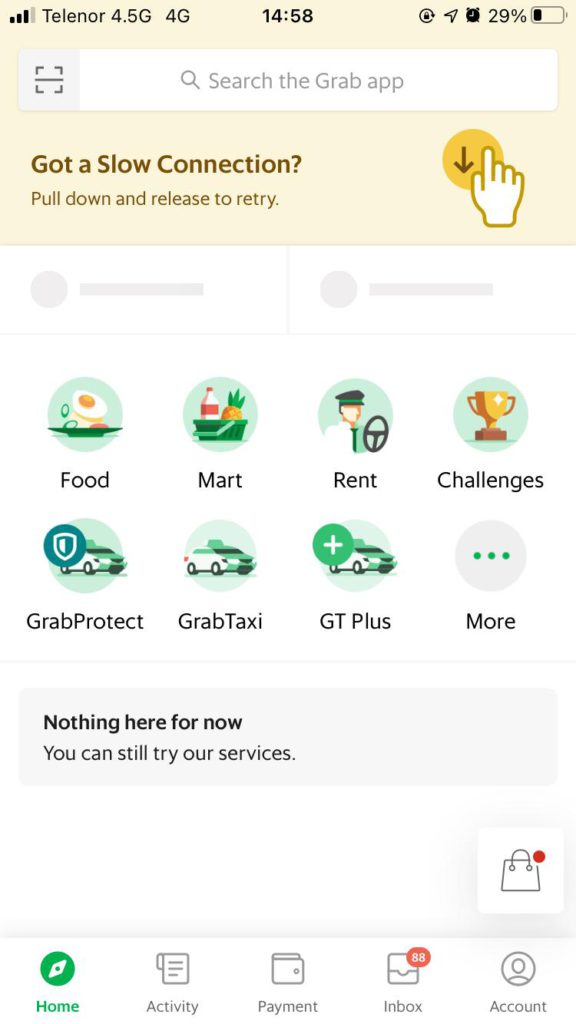After a 45-day blackout, limited mobile internet service limped back online in Myanmar on April 27, when the government unblocked some banking applications and Microsoft’s Office 365 services. It was the start of a “whitelisting” effort by the regime that would allow access to selected sites and tighten its control of web usage in the country. A recent report published by the NGO International Crisis Group suggests that this new restriction demands new assets and know-how for the junta.
“Myanmar’s military will face significant challenges shifting to a more sophisticated response to online dissent than wide-scale internet shutdowns,” the advocacy group said in the report released on May 18. As the junta lacks the financial and human resources to develop a local version of China’s Great Firewall and restrict access to the global internet and monitor content posted by local users, it is developing what appears to be the first stage of an “intranet,” the report said.
Myanmar is no stranger to this type of control. When dial-up internet services became available in the early 2000s, users could only access a state-monitored email system and a limited collection of approved sites. These limitations lasted until 2011. When some applications were again unblocked last month, it triggered anxieties among Myanmar’s population that the authorities were laying the first bricks of a new walled garden.
The regime’s whitelist has threatened information access and is hurting the economy, the International Crisis Group said, adding that even if the junta manages to receive external support, it would be difficult to appoint local experts to develop a sophisticated system. Norway’s Telenor, which has been operating in the country since 2014, weighed in on the technical challenge in a blog post: “The internet is an interconnected web of services—one whitelisted target service may call upon multiple other services to run successfully,” it said.
Raman Jit Singh Chima, Asia policy director of the international advocacy group Access Now confirmed this complementary, co-dependent nature of online platforms. When the Indian government unblocked some 1,400 sites in Jammu and Kashmir in January, a group of local researchers found that most of the sites were unusable, he told KrASIA. Telenor further pointed out that the whitelisting process would also increase the risk of cyberattacks, as IP addresses used by essential services could be exposed, requiring greater investments in cybersecurity.
VPNs are available, but connections are spotty
Some people in Myanmar are skirting the ban by using virtual private networks. More and more internet users are managing to find loopholes, International Crisis Group said, and online videos provide the necessary instructions. Chima highlighted that the military has repeatedly attempted to block different VPN services since the beginning of the coup. “There are ways to circumvent it, but for the majority of Myanmar’s users, those tools are not easy to use,” he said.
As mobile internet from state-owned telco MPT resumed its partial service on April 26, foreign operators also came back online, but only with limited bandwidth. “I am currently using Telenor and Ooredoo. I can access every site with a VPN but the speed is extremely slow and frustrating,” a Yangon resident told KrASIA. “In the end, I just stick to my home WiFi and only use mobile data when I am outside.”
KrASIA attempted to open the Grab and Foodpanda apps on the day of publication, but failed to hail a cab and complete a food delivery order using a mobile data connection.

“Because of the unpredictable and chaotic nature of whitelisting, it is very confusing for people to monitor what is going on. It effectively creates a discriminatory playing field because the people with more information or knowledge are able to access information and use the services more easily than the people who do not have that knowledge,” said Dhevy Sivaprakasam, Access Now Asia Pacific policy counsel.
In light of the restrictions, civil society and rights organizations, telecom operators, and tech firms have banded together to form the Global Network Initiative and call for full access to all websites and online services.
“The current approach to permit ‘whitelisting’ of certain internet services, including selected financial services, is not a long-term solution,” the group said in a statement. “While this approach acknowledges the negative impacts of broader restrictions, it is technically difficult and practically ineffective to implement.” A whitelist could be discriminatory as it denies access to many crucial services, like Google Maps.
“The default approach should be to allow access to all websites and services,” the statement read.

